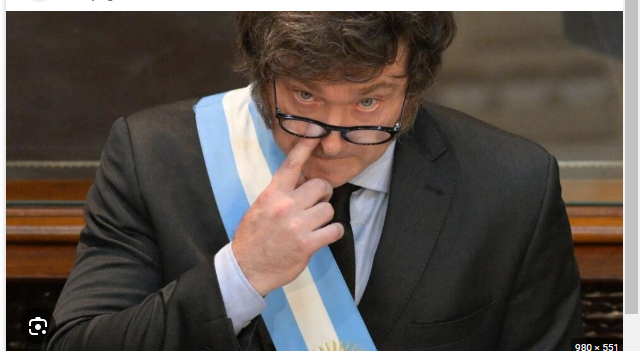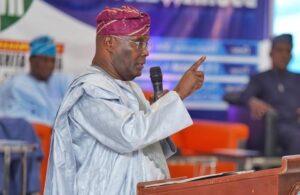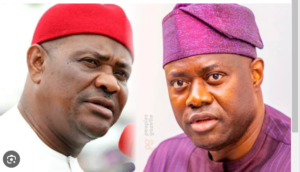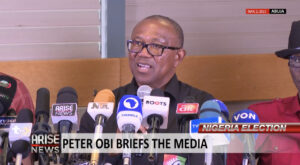Argentina’s monthly inflation reading likely slowed to 15.3% in February, still painfully high but down sharply from a peak in December, as new libertarian President Javier Milei’s austerity drive squeezes shoppers, helping rein in grocery price rises.
The forecast, the median from a Reuters poll of 13 analysts published on Friday, would mark a deceleration from over 20% in January and 25% the month before when Milei took office and sharply devalued the peso currency.
Milei’s government, battling the highest inflation rate of any major economy worldwide with annual price rises running at over 250%, is trying to stem the flood with a major cost-cutting drive and tight monetary policy to mop up pesos.
That has helped strengthen the currency, put the brakes on prices and buoyed markets that are keen on Milei’s pledge to overturn a deep fiscal deficit. But it has come at the cost of growth, with stalling consumption and production.
Analysts cautioned however that February’s reading was likely helped by a delay in expected price hikes to utilities.
“The February price index benefited from postponements of tariff increases,” said local economist Luis Secco, adding that those rises would likely come into effect in March and April.
The government has previously guided that February inflation would be “closer to 10% than 20%”, while Milei earlier this week said it would likely come in around 15%. The estimates from analysts polled by Reuters ranged from 14% to 17%.
The official INDEC statistics agency is scheduled to publish inflation data for February next Tuesday.
Source: Reuters










More Stories
HEDA sues FG, oil majors over alleged Illegal oil licence transfer
NNPC announces shutdown of Port Harcourt refinery
Dangote refinery reduces petrol price by N15